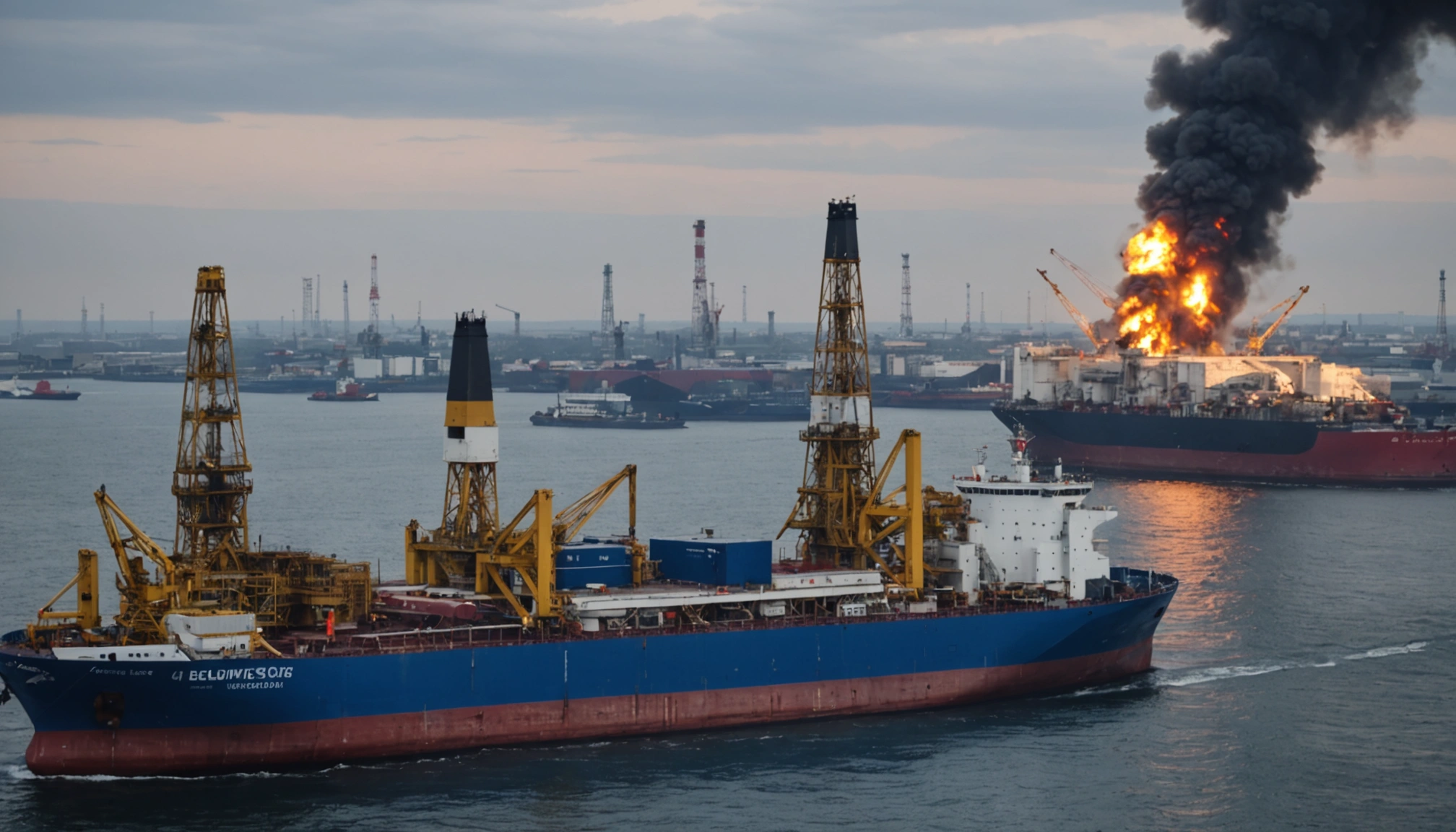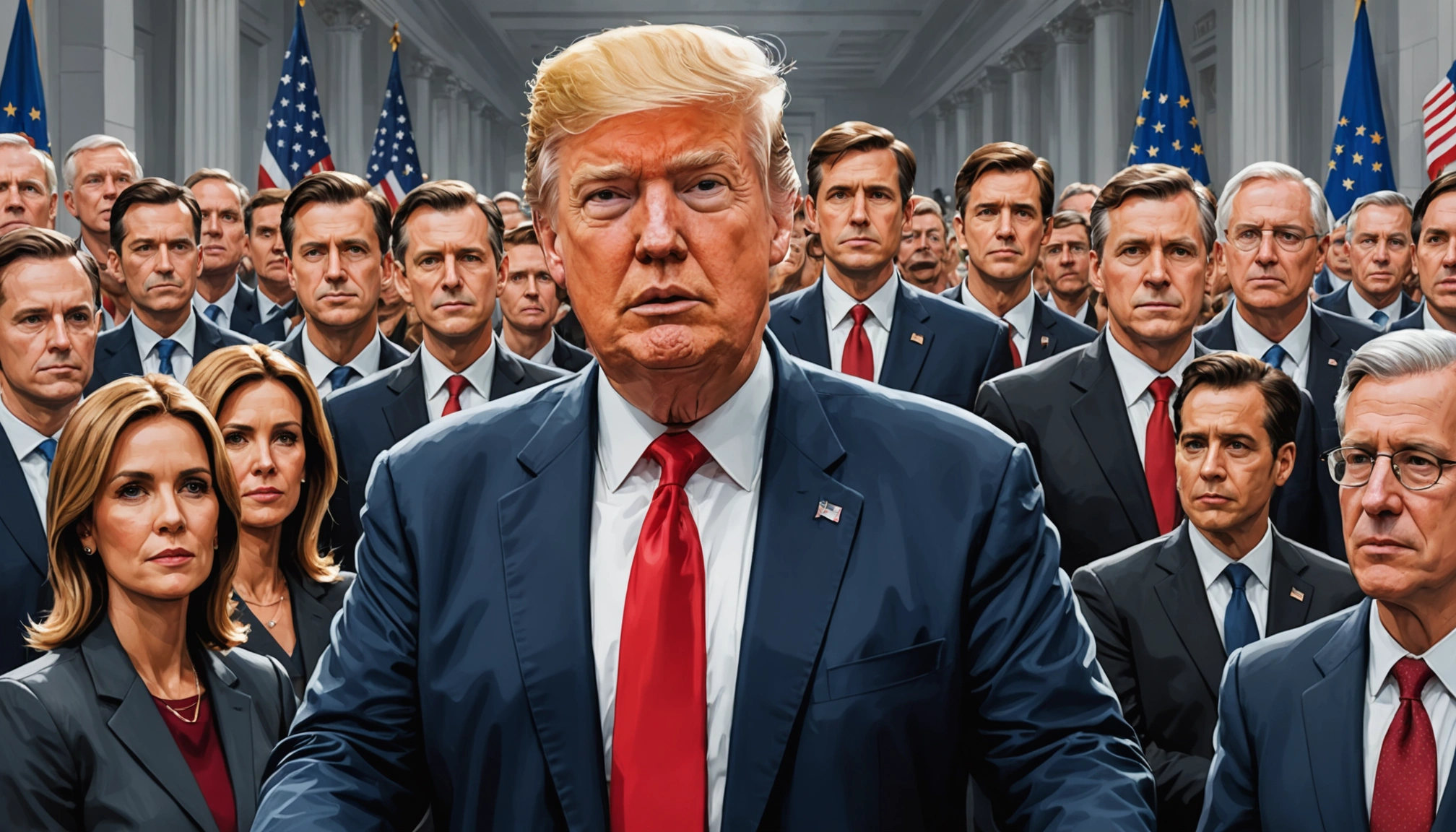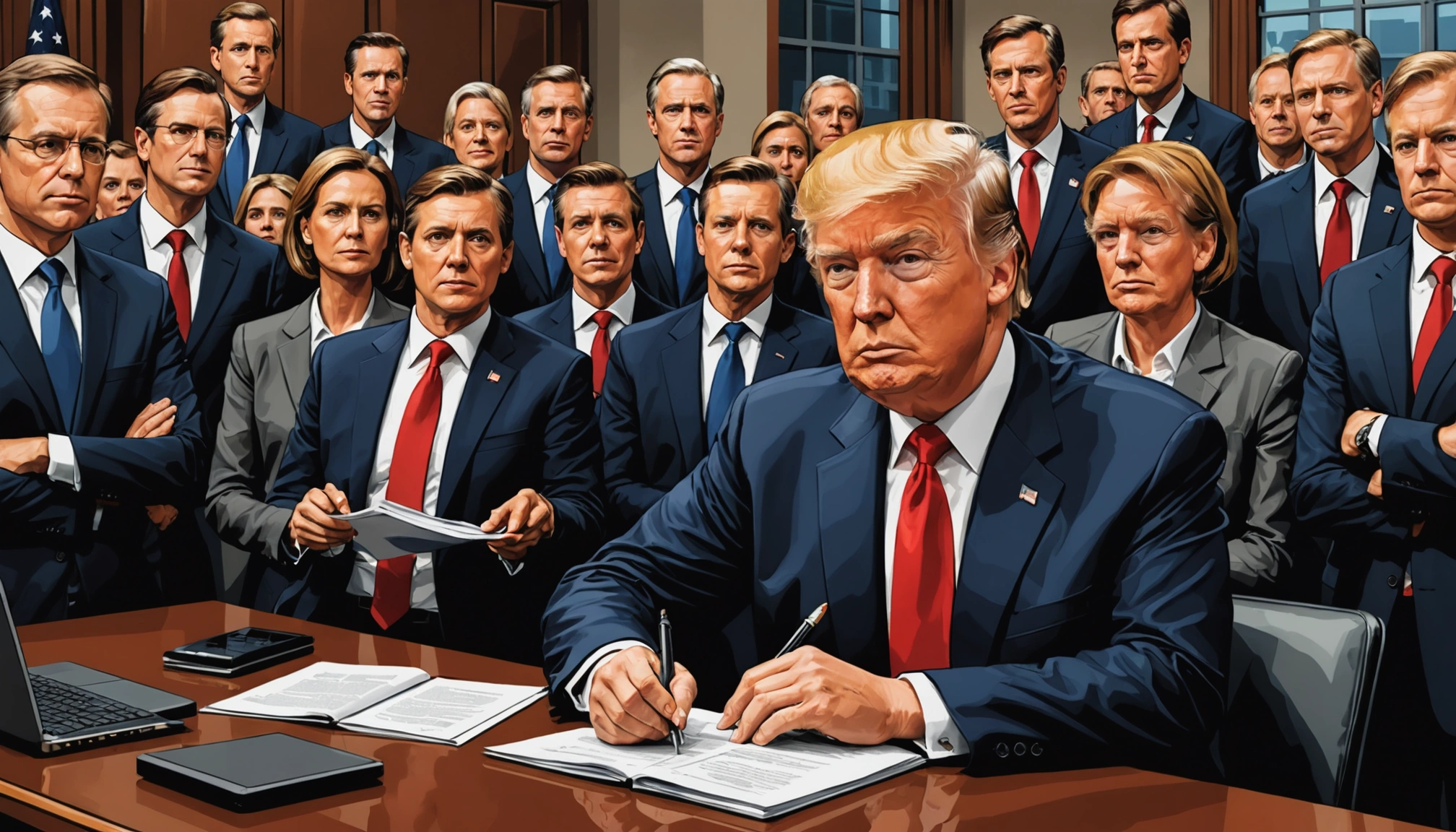EU and UK Advocate for Lower Russian Oil Price Cap, US Hesitates

As leaders gather for the G7 summit in Canada, the European Union and the United Kingdom are pressing for a reduction in the price cap on Russian oil, a move designed to further restrict Moscow's ability to finance its ongoing war in Ukraine. However, the United States is reportedly resisting the push, creating a rift among Western allies on how best to exert economic pressure on Russia.
The current price cap, set at $60 per barrel in December 2022, prohibits G7 and EU shipping and insurance companies from handling Russian oil shipments unless the oil is sold at or below that threshold. The aim was to limit Russia's oil revenues while ensuring that Russian oil continued to flow to global markets, preventing a price shock. While Brent crude, a global benchmark, has been trading close to $65 a barrel, Russian oil has been trading slightly below the cap.
The EU and UK argue that lowering the cap would further squeeze Russia's oil profits, thereby limiting its capacity to fund the war. The European Commission is proposing to reduce the cap to $45 per barrel as part of its latest sanctions package against Russia. This package also targets the Nord Stream pipelines, Russia's "shadow fleet" of tankers, and numerous financial institutions. European Commission President Ursula von der Leyen has stated that the EU and Britain hope to convince their G7 partners to lower the oil price cap.
US Concerns and Alternative Strategies
Despite the EU and UK's efforts, the United States remains hesitant. The Trump administration is reportedly unconvinced that lowering the price cap is necessary, arguing that falling oil prices are already impacting Russia's economy. Some analysts suggest the US is concerned about the potential for disrupting global oil supplies and driving up energy prices for consumers. Since President Trump took office at the start of this year, the US has imposed no new sanctions on Russia.
This divergence in strategy is causing frustration among European officials. One official, speaking on condition of anonymity, told reporters that the US is "not convinced" about lowering the price cap. The US position was set during a G7 finance ministers' meeting earlier this year, and there has been no indication of flexibility from Washington since then.
The Importance of Enforcement
Experts emphasize that lowering the price cap will be ineffective without stronger enforcement measures. Russia has increasingly relied on a "shadow fleet" of older tankers and opaque insurance arrangements to circumvent the cap. This fleet operates outside the reach of Western regulations, making it difficult to track and enforce compliance.
Enforcement gaps persist, with widespread fraud in pricing declarations and weak compliance checks. Analysts argue that enforcement efforts should focus on buyers verifying transaction prices, rather than transporters. Stronger enforcement, paired with a lower cap or even full export restrictions, could significantly weaken Russia's war financing capabilities.
Potential Unilateral Action
With the US resisting a coordinated G7 effort, the EU and UK are exploring the possibility of unilaterally lowering the cap. European Union High Representative for Foreign Affairs Kaja Kallas stated that the EU might lower the ceiling independently of the US. Given that most Russian oil shipments pass near European waters, unilateral European action could still have some impact.
However, officials acknowledge that a coordinated G7 effort involving the US would be significantly more effective, largely because of US enforcement capabilities. The US has greater resources and expertise to track and sanction those who violate the price cap.
Implications and Future Outlook
The disagreement over the oil price cap highlights the challenges of maintaining a united front against Russia. While Western allies share the goal of limiting Russia's ability to finance its war in Ukraine, they differ on the best approach. The US is wary of measures that could disrupt global energy markets, while the EU and UK are more willing to take aggressive action to pressure Russia.
The outcome of the G7 summit in Canada will be crucial in determining the future of the oil price cap. If the US continues to resist lowering the cap, the EU and UK may proceed with unilateral action. However, without US support, the effectiveness of the price cap will be limited. The ongoing debate underscores the complexities of using economic sanctions as a tool of foreign policy.
Related Articles

EU Faces Uphill Battle Securing US Trade Pact Amid Trump's Tariff Threats

Myanmar's Rare Earths Boom: A Dirty Secret Fueling Green Tech
